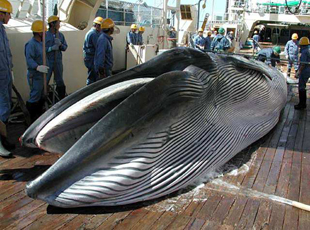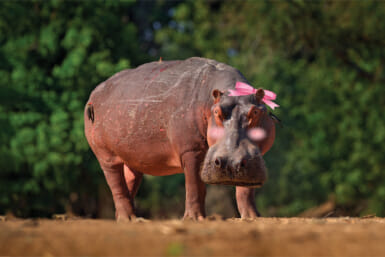It’s a question many of us are asked in Japan: have you ever tried whale meat?
Well, luckily for the creatures, and the campaigners who say they are dangerously over-fished, it seems fewer people are doing so. The Institute of Cetacean Research organizes whaling in Japan and its meat sales are supposed to help fund scientific research. Last year, though, of 1,200 tonnes caught, only 25% was sold as meat, reports AFP.
This left around 900 tonnes on the table without a buyer despite repeated efforts to find one, according to Japan’s Dolphin and Whale Action Network. Essentially, fewer whales are being eaten, but no fewer are being killed.
Public taxes are said to have subsidised the fleet for years as younger generations are turned off eating whales, and the latest figures seem to add weight to concerns that Japan is misleading the world with its ‘scientific research’.
Many people hold stereotypical views and think all Japanese throw conservationist concerns aside in favour of traditionalism, but the trend does seem to be changing, if not completely.
Still, ask many people here about whale and they will tell you about school lunches and whale bacon; the head of the Institute of the Cetacean Research told Reuters: “We have to preserve this sort of traditional food culture among children.”
Fishermen, too, say that their industry is being unfairly attacked by organisations such as Greenpeace; the fishing industry, as well as right-wing activists, are keen not to compromise their history in the face of opposition.
The Dolphin and Whale Action Network report points to changes in that. Its author, journalist Junko Sakuma, told AFP that that “among (Japanese whaling officials) who continue research whaling by relying on Japanese sentiment that ‘anti-whalers are outrageous’, there must be people who are secretly thanking Sea Shepherd.”
However long the meat stays on the menu, it will remain controversial. Repeated calls for a halt to commercial whaling, from governments as well as environmentalists, have never met with much movement. Might the latest figures change things? Is it just another stat for campaigners to get their message into the media, or will it be of real weight?










